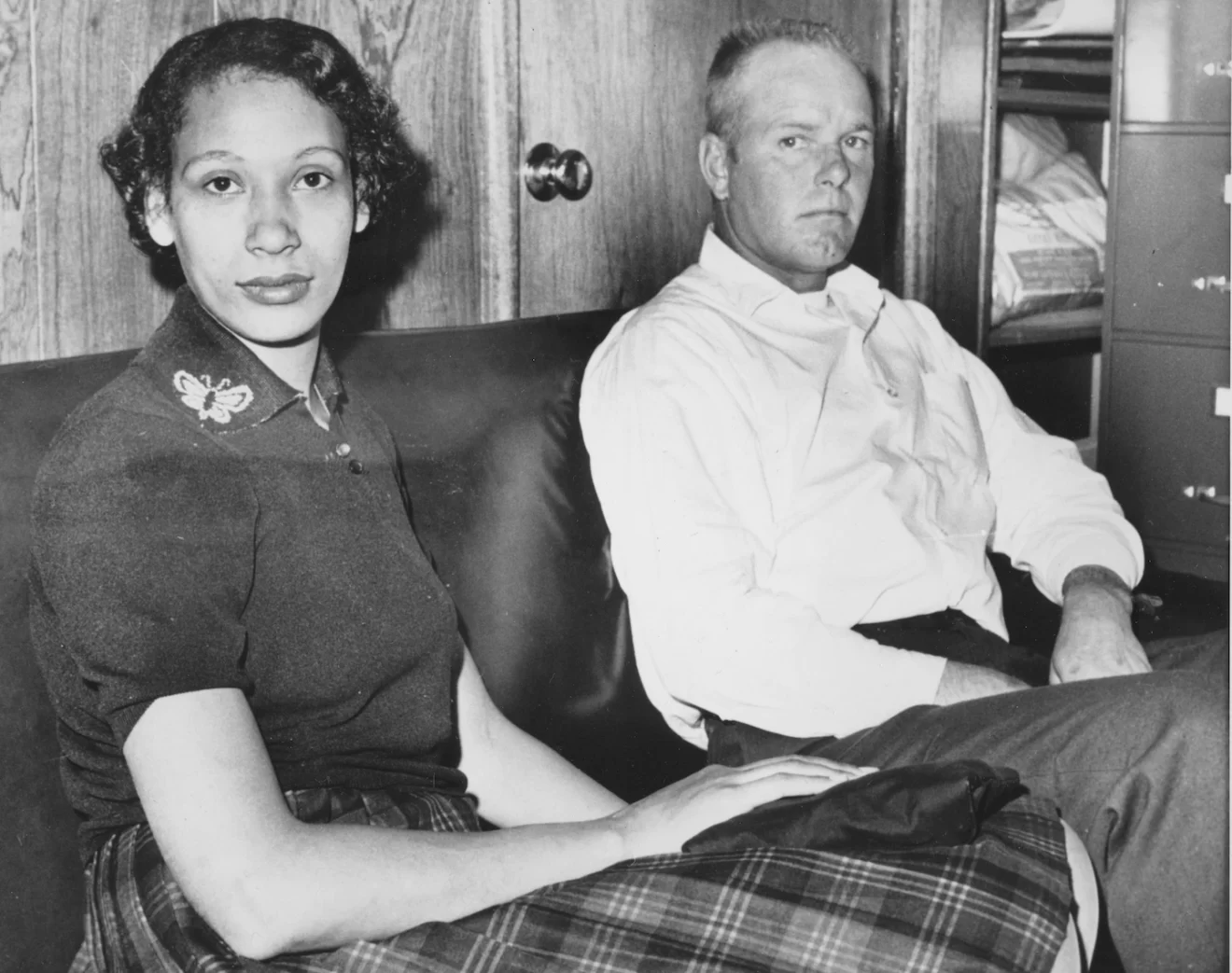Senator Mike Braun (R-Ind.) Withdrew a bit on Tuesday night. In a statement, the senator said he “misunderstood a question line” and assured the public that he “condemned[s] Racism in any form. “
If you are not familiar with the topic, then it may sound worse than it was. Brown was questioned by a reporter about the Supreme Court’s decision Roe v. Wade was an example of “judicial activism”, meaning that the court had exceeded its mandate. It was, Brown said.
“This issue should never be federalized. [It was] Way out of sync, I think, with the contour of America then, “he said.” One side of the aisle wants to homogenize [issues] federal, [and that] is not the right way to do it. “In other words, those on the left got the court to issue a blanket determination on abortion instead of leaving it to the states.
So the reporter followed suit. He thought the same thing about Love v. Virginia? He did, Brown said. Perhaps Brown did not immediately identify the case by name: In LoveThe court ruled that states could not ban interracial marriage, which is now seen as something of a baseline for public support – hence Brown’s cleansing work and his insistence that he was in no way racist.
People make mistakes. But Brown’s comments served as a useful reminder that many of the things that Americans take for granted exist because of the will of the Supreme Court – even things that are now considered obvious rights.
Subscribe to How To Read This Chart, a weekly data newsletter by Philip Bump
Consider interracial marriage. The judgment in Love came in 1967. In the first Social Survey (GSS) conducted in 1972, the public was not yet completely sold on the idea; almost 4 in 10 Americans said they favor laws against interracial marriage. Over the next 30 years, however, this number dropped dramatically. By 2002, only 1 in 10 Americans supported such laws; the GSS, now held twice, stopped asking the question.
It poses another question, however, that offers some additional insights into the interracial marriage question. More than half of Americans would support a close family that married a black man – although the percentage of Republicans and Republican voters who hold that view has fallen by 2021.
In the case of Love, the court was at the forefront of public opinion. Braun’s first answer to Roedecided in 1973, proposed the court was further out of step with the public.
That’s not really the case. It is true that only recently have a majority of Americans supported the idea that a woman should be allowed to have an abortion for any reason, according to the GSS. (Interestingly, the members of Braun’s party did not change their opinion on this issue at all.)
Even at the time of RoeHowever, most Americans support abortion in the event of probable birth defects.
This was also true for abortion in the case of rape.
Note, by the way, that the party separation in these matters only arose about 35 years ago. Before 1988, there was no real difference between Democrats and Republicans on these issues. Now there is a gap of about 20 points.
But back to the point. Public opinion about interracial marriage does not seem overwhelming in line with the court’s decision at the time of Love, although most Americans supported it a few years later and now make it almost universal. Abortion had more support at the time of Roe. While court rulings – expected – are not bound by opinion, they often reflect it.
That is because the court is indirectly influenced by the opinion by the election of the presidents who appoint judges. There has been a clear move away from expansive abortion rights after Donald Trump appointed his three anti-abortion judges to the bench, for example. The idea that Roe was established precedent eroded quickly when these judges were given the chance to rule over Texas’ restrictive abortion law.
Perhaps interracial marriage is not similar in danger; Braun’s rapid decline certainly says there is little political appetite for it. But what about same-sex marriage? It was only in 2015 that the court nationalized same-sex marriage nationally Obergefell v. Hodges. Since then, support for same-sex marriage in the GSS has increased. (In 1988 and 2021, the wording of the question was slightly different.)
These numbers are lower than other surveys. Gallup finds that 7 out of 10 Americans support legal recognition for same-sex marriage. That’s important: Part of the divergence in support probably stems from the difference between “right” (as asked in the GSS) and Gallup asking about recognition under the law. Were the court to withdraw Uewergefellwhat would happen at the state level?
Or we can go further. It has been less than two decades since the Supreme Court ruled that anti-sodomy laws were unconstitutional and Lawrence v. Texas. Since then, the percentage of Americans who say there is nothing wrong with having sex between same-sex couples has steadily increased. This does not mean that the judgment is certain. Among the dissent in 2003? Justice Clarence Thomas.
Another topic that comes to mind here: the death penalty. In 1972, the court briefly banned the death penalty, before allowing it again four years later. After it was allowed – and as crime increased – support for the death penalty increased. But as crime rates have dropped, so has support for the death penalty, at least among Democrats and Americans in general.
Even if the court is not bound by public opinion, no one expects that the court will again ban the death penalty, simply on the basis of who is in court. No one expects Obergefell even to repeal, although only two years ago two of the most conservative members of the court (including Thomas) criticized the decision.
When Brown speaks of “judicial activism,” he generally means “making decisions that are contrary to his desired political outcomes.” It is a term that is in the eye of the beholder. Scale back Roe would probably be more a departure from public opinion than the implementation of Roe was at the time of the decision. Relax Obergefell would be safe.
That’s the most powerful memory to take from Brown’s comments. The council has long been concerned about the activism of the court. But now it is not the right that can worry as the court upholds its power.


Add Comment